The Impact Cycle
Virtual
- Oct 16, 2025 - Nov 6, 2025
- 10:00 am - 1:30 pm CDT
- Virtual
- $595.00
TLC Conference 2025 | October 5-7, 2025 | Phoenix, AZ & Virtually
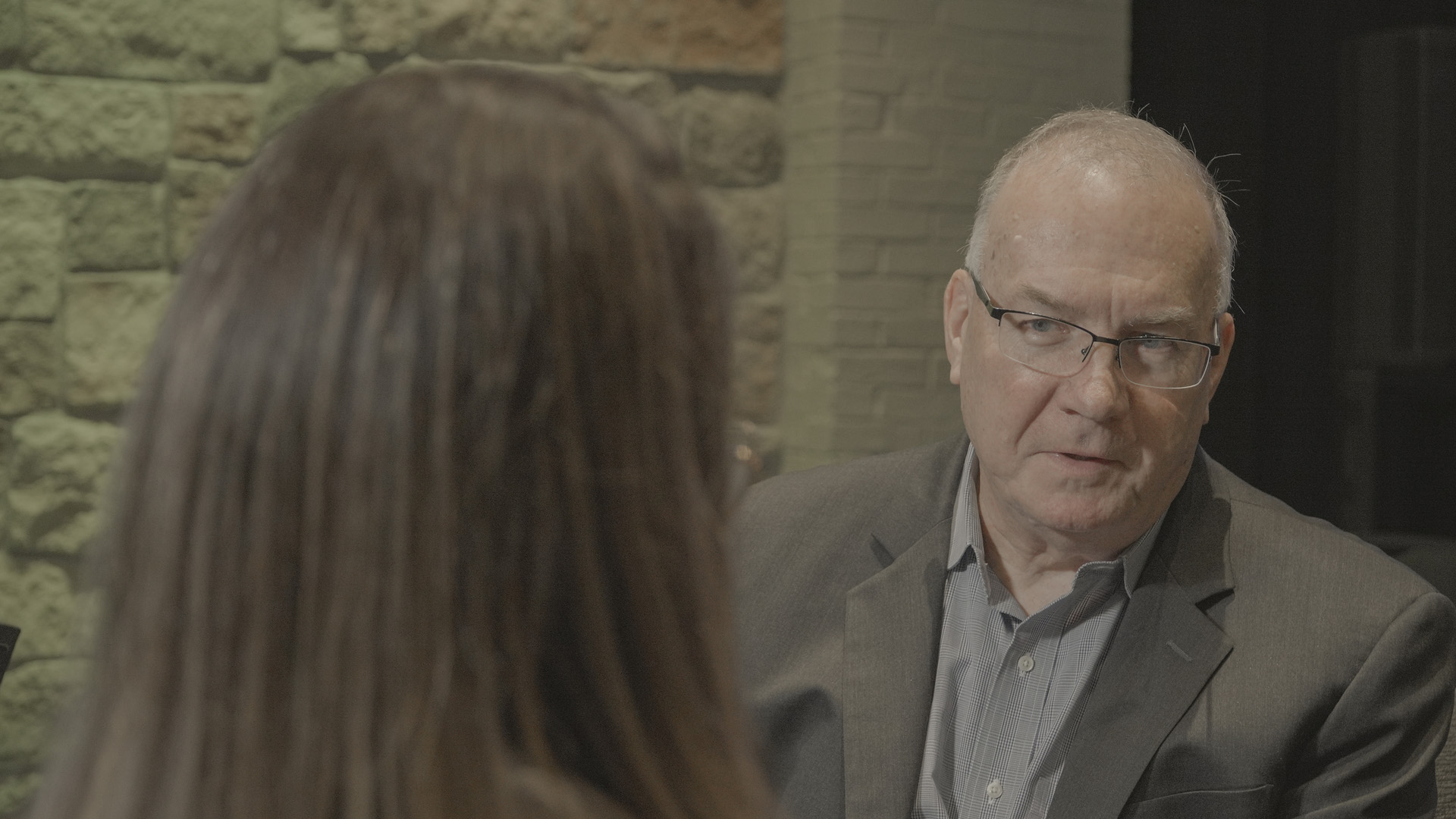
Who It's For
Teachers, Coaches, Leaders, District Leaders
Format
In Person
Duration
Contact us for details
Credit Hours
Contact us for details
Presenter
ICG Certified Consultant
To ensure optimal success for our partnership with schools and districts, we have designed follow-up support to aid with implementation. Embedded coaching days offer immediate professional learning opportunities with a certified consultant from ICG, tailored to your specific needs.
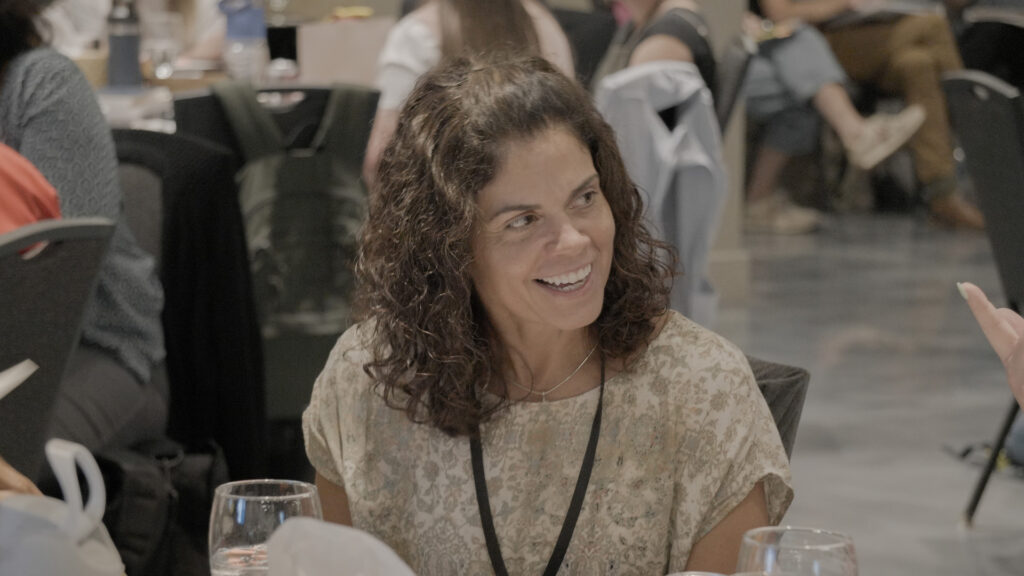
Virtual
Maceli's, 1031 New Hampshire Street, Lawrence, KS 66044
Bangkok Patana School, Khwaeng Bang Na, Khet Bang Na, Krung Thep Maha Nakhon 10260, Thailand
Virtual
Virtual
Virtual
Virtual
Virtual
Virtual
Virtual
The Victorian Academy of Teaching and Leadership, 41 St Andrews Place East Melbourne VIC 3002
Virtual
Virtual
Maceli's, 1031 New Hampshire Street, Lawrence, KS 66044
Bangkok Patana School, Khwaeng Bang Na, Khet Bang Na, Krung Thep Maha Nakhon 10260, Thailand
Virtual
Virtual
Virtual
Virtual
Virtual


Partner with an ICG consultant for extended support
“Live” coaching in which either the ICG consultant coaches a classroom teacher, or a coach within that school/district coaches a teacher
Examination of specific Impact Cycles within the school at different stages of the process and troubleshooting issues surrounding those cycles
Meetings with school and/or district leaders in which the ICG consultant responds to questions and concerns about coaching and the Impact Cycle model
Watching coaching videos as a group to examine various elements of coaching interactions
Real-time data gathering and calibration
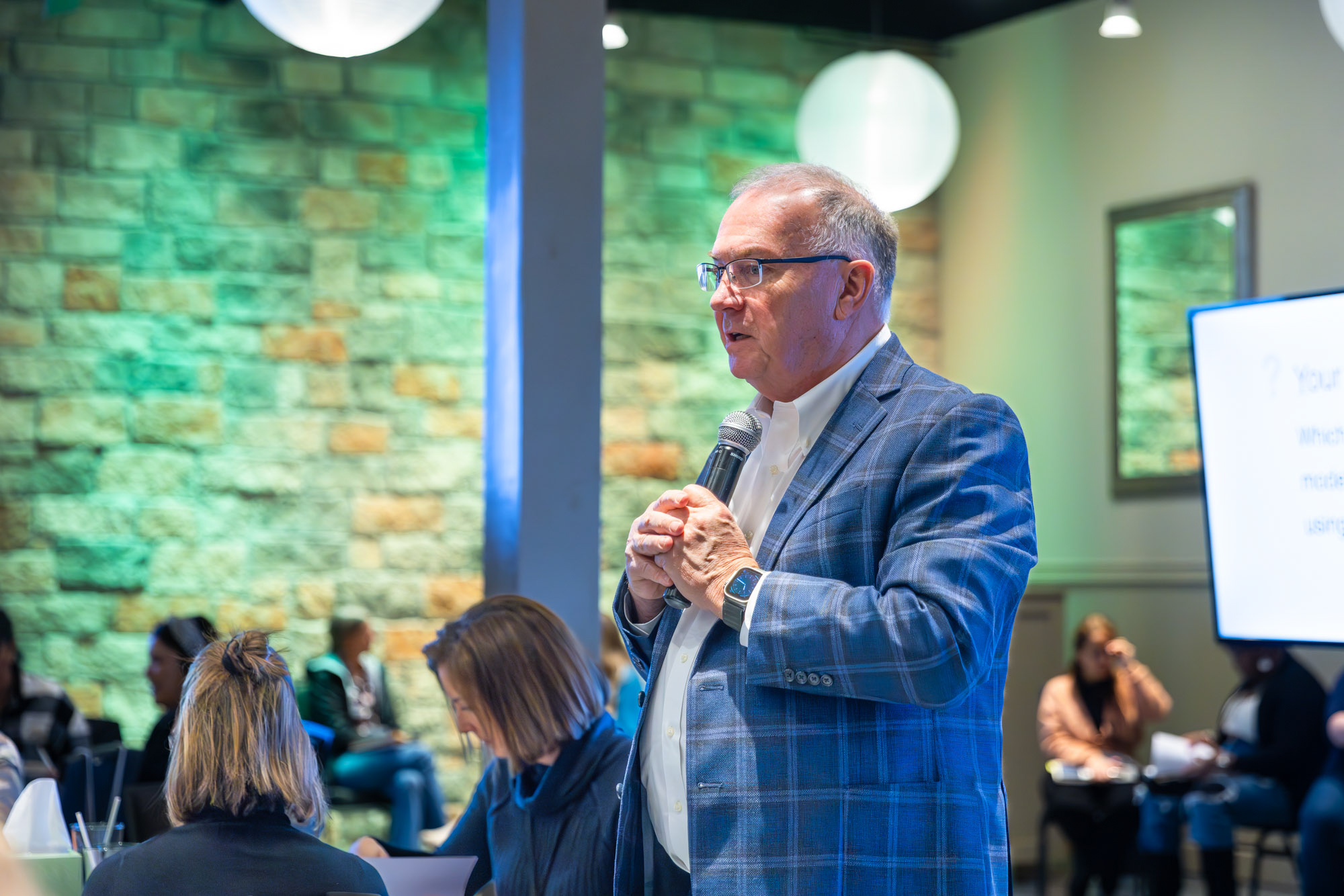
For teams interested in bringing an Instructional Coaching Group workshop to their school or district for a custom or private session, fill out this request form.
"*" indicates required fields
Embedded implementation embodies Partnership Principle #6: Praxis, Integrating, Reflection, Learning, and Action. Coaches engage in experiential learning shaped by the realities of teachers’ classrooms and lives, fostering deeper understanding.

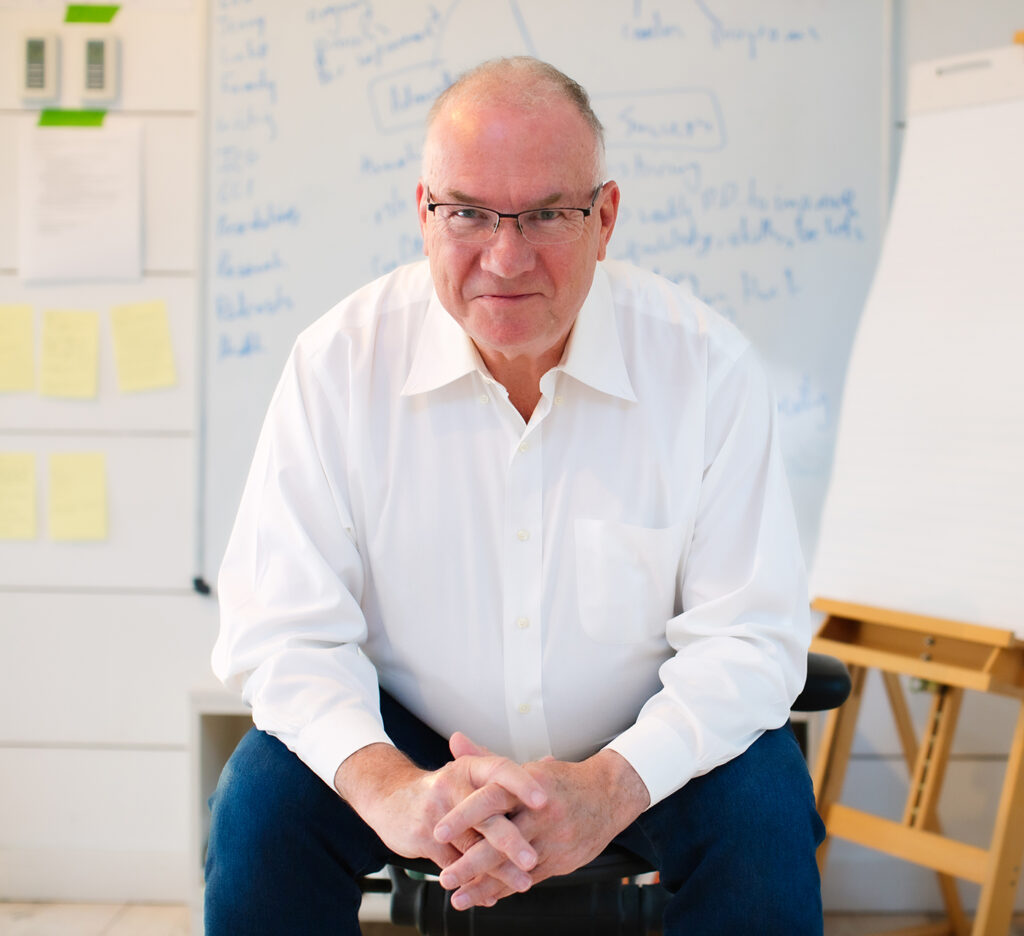

The Teaching Leading Coaching Conference is where instructional coaches, teachers, and leaders from around the world come together to learn, connect, and grow.
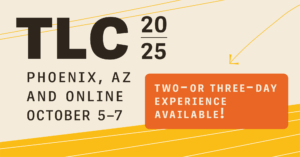
Notifications